Keywords: South Australia
There are more than 200 results, only the first 200 are displayed here.
-
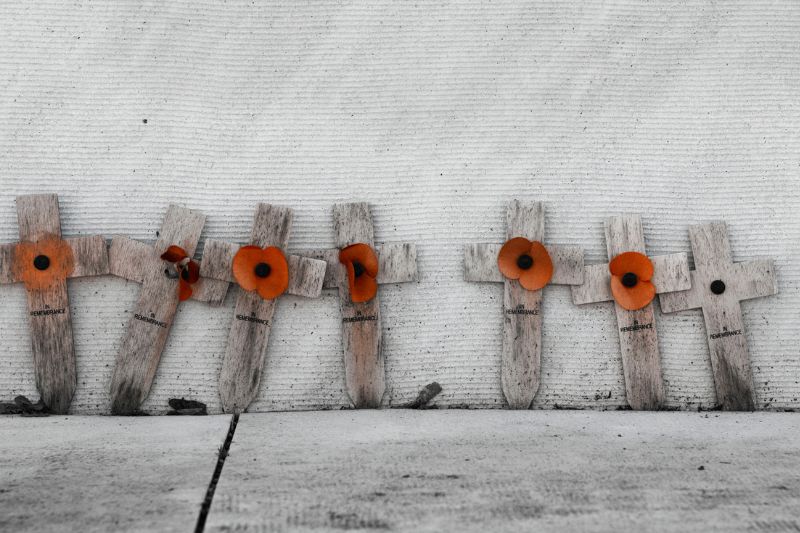
AUSTRALIA
- Stephen Alomes
- 11 November 2024
On Remembrance Day, we’re called to confront war’s real toll — not just on soldiers but on civilians, families, and especially children. From WWII’s devastated cities to today’s ravaged Gaza, can we reframe our commemorations to reflect the universal, harrowing cost of war beyond national myths?
READ MORE
-
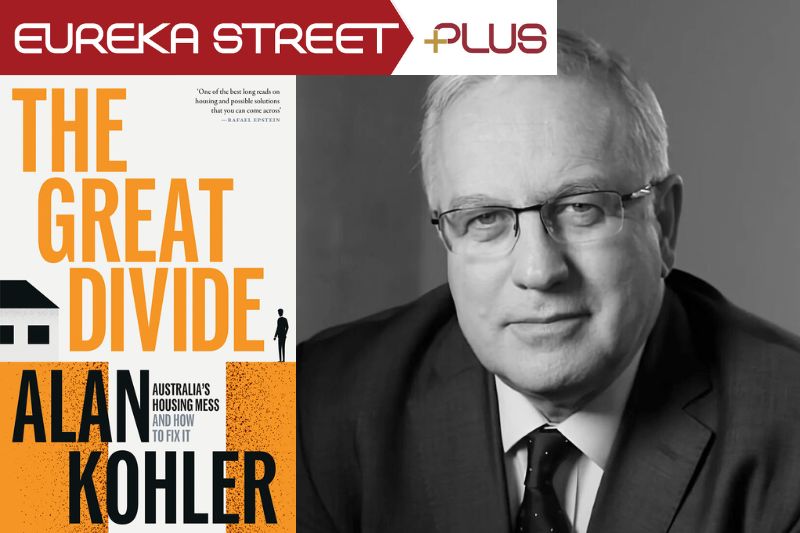
AUSTRALIA
- David Halliday
- 08 November 2024
As house prices soar, half the nation finds itself locked out of the property market. In conversation with Eureka Street, Alan Kohler untangles the web of tax incentives, population pressures, and government policies fueling the housing crisis to discover why, despite public outcry, solutions remain frustratingly out of reach.
READ MORE 
-
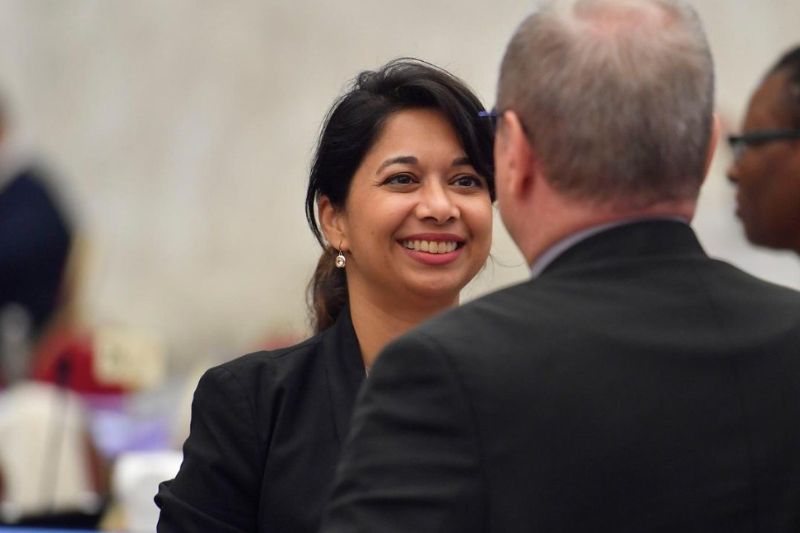
RELIGION
- Joanna Thyer
- 07 November 2024
At the World Synod in Rome, four women joined to advocate for ordaining women as deacons. Though the topic remains off the table officially, the message highlights the Church’s internal conflict between traditional values and growing calls for inclusion and change.
READ MORE
-
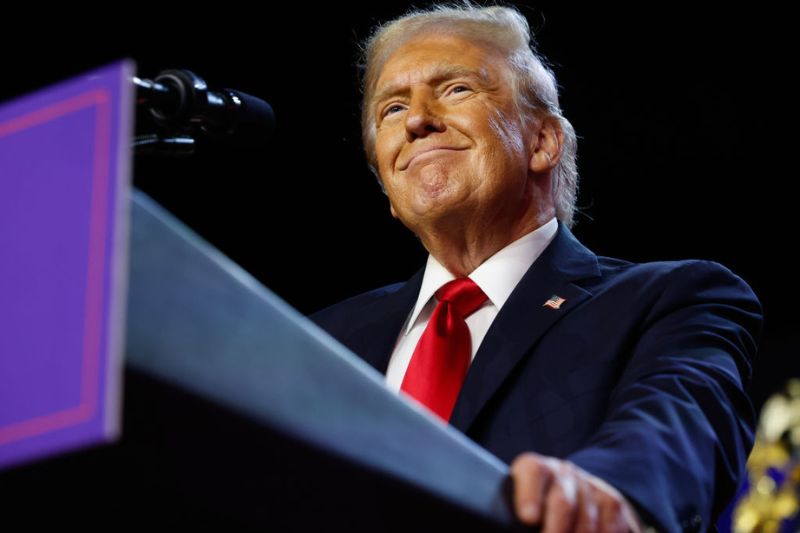
AUSTRALIA
- James Massola
- 07 November 2024
The analysis of how Trump achieved a famous victory will continue for years to come. The more germane questions now are what does this result mean for Australia’s economic, defence, trade and foreign policy, and what lessons (if any) are there for Anthony Albanese and Peter Dutton?
READ MORE
-

AUSTRALIA
- Daniel Nellor
- 25 October 2024
An AI-driven companion designed to connect with people living with dementia raises important questions about companionship, care, and the human experience. Can an AI truly replace the role of a human caregiver, or are we compromising what it means to connect?
READ MORE 
-
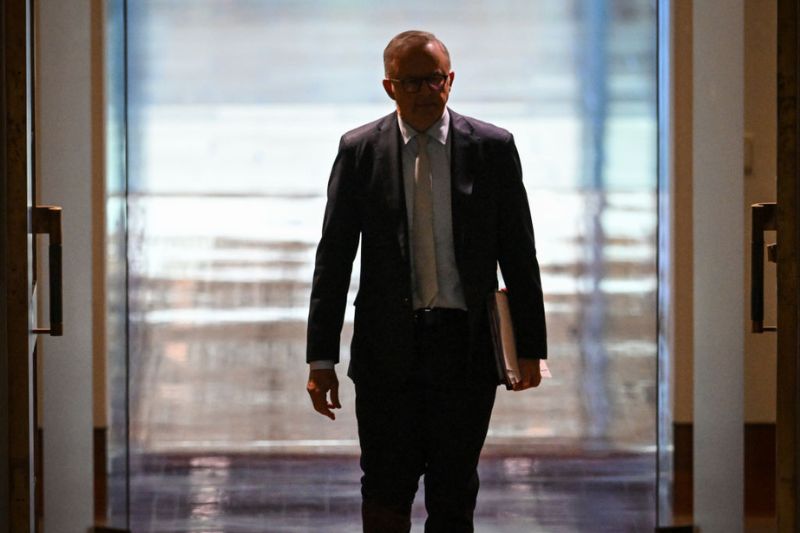
AUSTRALIA
- James Massola
- 23 October 2024
As Prime Minister Anthony Albanese navigates a slow but steady decline in approval, his cautious leadership approach is increasingly under scrutiny. With rising pressures on housing, the economy, and global events, is it time for him to take the bold political risks necessary to stave off the threat of minority government?
READ MORE
-

AUSTRALIA
- John Schumann
- 23 October 2024
There are approximately 300 Australians like Will currently held in forensic disability facilities, hospitals, mental health facilities, the prison system and providers of last resort. After two decades of seclusion, his story reveals a broken system where lives deteriorate, not improve, despite efforts for reform.
READ MORE
-
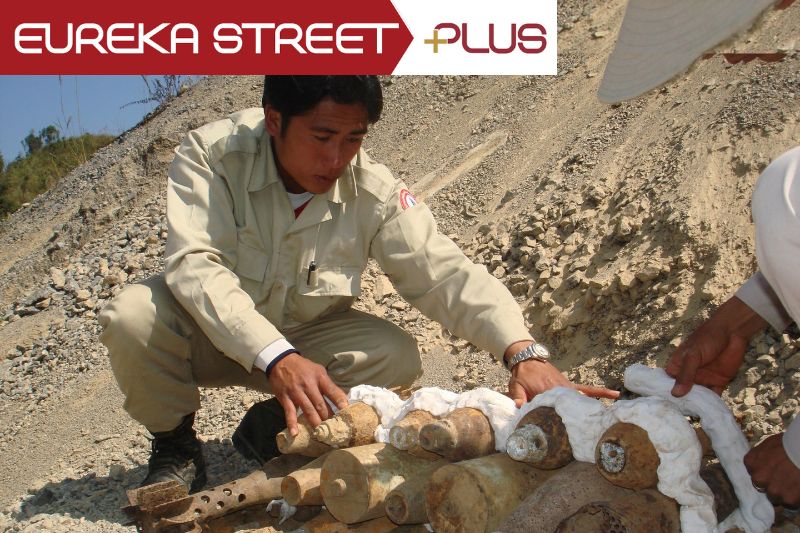
INTERNATIONAL
- Melody Kemp
- 04 October 2024
By the time the last American bombs had fallen in 1973, Laos had attained the dubious title as the most heavily bombed country in the world per capita. An estimated 270 million bombs were dropped on this small country, 80 million of which remain unexploded.
READ MORE 
-
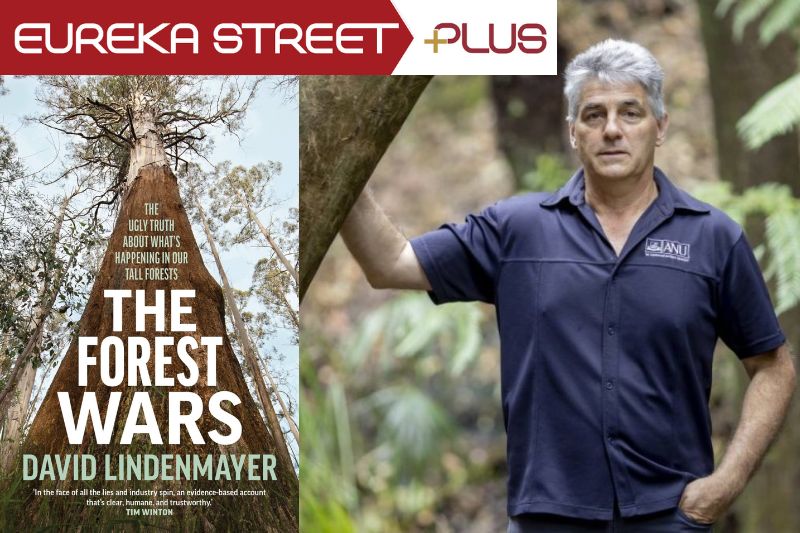
ENVIRONMENT
- Tony Smith
- 04 October 2024
The Forest Wars reveals how vested interests make life difficult for the scientists and activists who attempt to defend the environment, a war waged through deforestation on one hand and deception and obfuscation on the other. Linenmayer asks: if we continue to allow vested interests to drive deforestation, how long before the forests — and the future they promise — are lost beyond repair?
READ MORE 
-
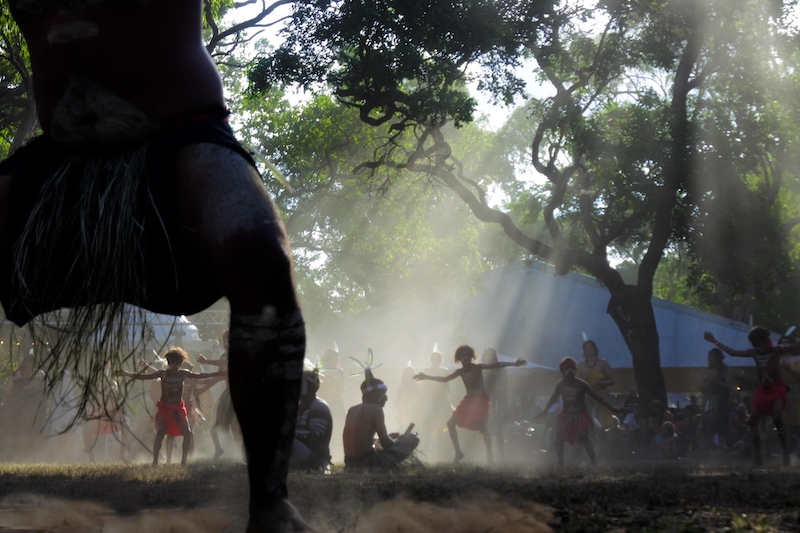
AUSTRALIA
- Bruce Pennay
- 25 September 2024
From 2027, NSW students will undertake a mandatory study of First Nations Peoples’ experiences of colonisation. This is welcome in the wake of the failed national referendum and the increasing insistence on reconciliation at the local level.
READ MORE
-
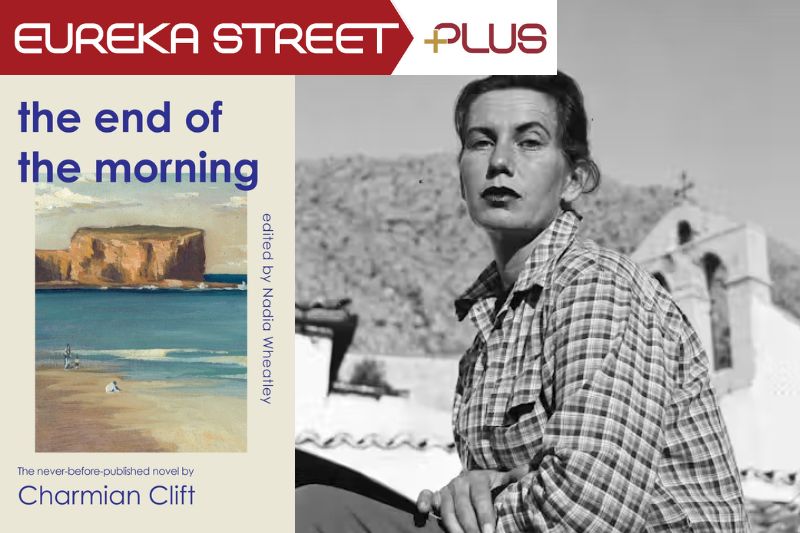
ARTS AND CULTURE
- Gillian Bouras
- 20 September 2024
The End of the Morning provides a rich reading experience, showing the reader an Australia that has been largely lost. But most readers will have a sense of dissatisfaction: they will want more. An unfinished novel, and an unfinished life.
READ MORE 
-

INTERNATIONAL
- Robin Osborne
- 05 September 2024
Pope Francis has frequently voiced sympathy for refugee concerns and before leaving on this trip, he reaffirmed his call for safe migration pathways for people fleeing their own countries for fear of persecution, describing any refusal to harbour asylum seekers as a ‘grave sin’.
READ MORE